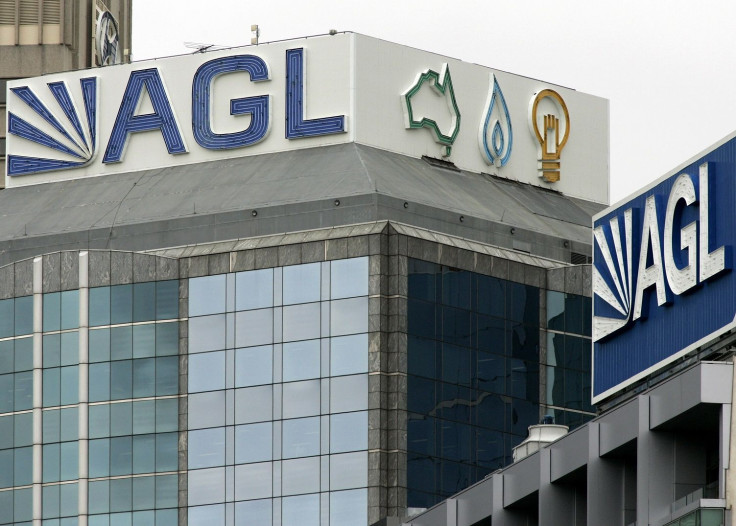Liddell power plant replacement and plan for South Australians' free Wi-Fi

AGL Energy has decided not to extend the Liddell power station, but it has a plan to replace it with electricity generated from gas, wind and solar. The electricity producer stuck with its 2022 closure date.
The new plan has been submitted to the government prior to the 90-day deadline for AGL to explain how it would replace the 1680 megawatts of baseload capacity, which will be lost when Liddell comes to a close. AGL is now giving a formal response to its intended plan, which it claims to align with the National Energy Guarantee policy.
Compared to $106/MWh from Liddell, electricity from the replacement plan could be supplied at $83 a megawatt-hour, assuming a $920 million cost to extend the generator for five years. It looks to fill both the shortfall in supply without pushing up costs. Hence, it is expected to fulfil the government's requirements.
All of the investments involved in the first, $490 million phase of the scheme were already approved by the board, Financial Review reports. A further two phases hinge on commercial demand for power as well as the market’s development through to 2020 or 2021. These include a new 500 MW high-efficiency gas plant, new wind and solar plants and a 250 MW battery.
AGL Chairman Graeme Hunt said the plan demonstrates that old power plants can be replaced with a combination of new, cleaner technology while improving reliability and affordability. Federal Environment and Energy Minister Josh Frydenberg said the government had asked AEMO to assess AGL's proposal.
Free Wi-Fi and water supply
Meanwhile, struggling South Australians may not only get access to free Wi-Fi but also stop paying for water supply charges. Under the SACOSS nine-point proposal, SA would make landlords pay the water supply charges estimated to cost around $290 per year. Ross Womersley, the SACOSS chief executive, pointed out that low-income Australians now do it “much tougher” compared to two or three years ago.
Womersley is aware that there will be winners and losers if policies were implemented, News.com.au reports. The supply charge change means that renters are tipped to save about $290 annually. He said the government must also offer free Wi-Fi in “digitally disadvantaged” areas, adding that changing the energy concession to a set percentage of the total bill could be “really beneficial” to households.






